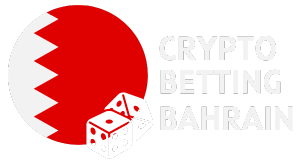As the world embraces the digital era, Bahrain has joined the race by exploring the world of non-fungible tokens (NFTs). This innovative technology has revolutionized the way digital art and collectibles are bought and sold, offering a new dimension to the world of art and creativity. In this article, we will dive into the world of NFTs and explore how Bahrain is leveraging this technology to pave the way for the future of art and collectibles.
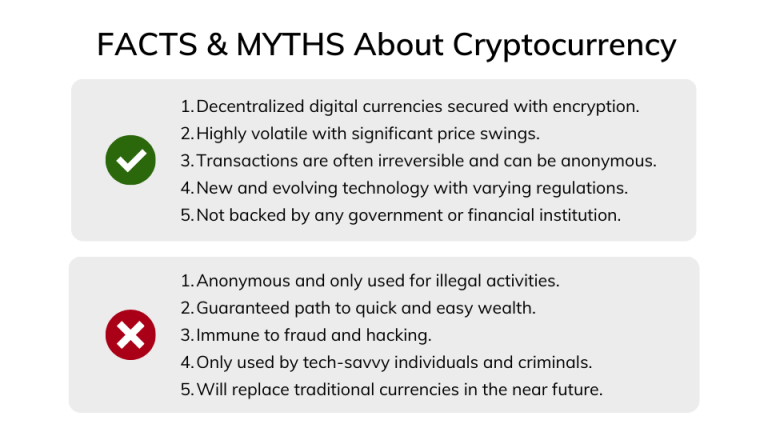
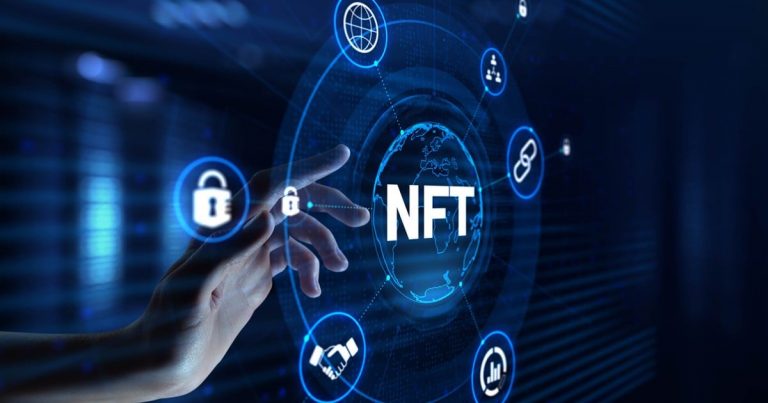
Non-Fungible Tokens (NFTs) are unique digital assets representing ownership of specific items or content, like digital art, music, or virtual real estate. Contrary to cryptocurrencies like Bitcoin or Ethereum, which are fungible and exchangeable, NFTs are a different breed – they can’t be swapped on a one-to-one basis due to their unique value and characteristics.
What makes NFTs so special? They provide proof of ownership and provenance for digital items. By leveraging blockchain technology, NFTs empower artists and creators to maintain control over their digital masterpieces even when they’re bought, sold, or traded. This revolutionary approach has unlocked new revenue streams for digital creators and fresh opportunities for collectors and investors. It’s like finding a hidden treasure chest in the digital realm!
The NFT market has exploded like a supernova in recent years. In 2020, the total value of NFT transactions reached a staggering $250 million. Fast forward to the first half of 2021, and it had already surpassed an eye-watering $2.5 billion. High-profile sales, such as the jaw-dropping $69 million auction of a digital artwork by artist Beeple, have fueled this rapid growth, along with a growing fascination for virtual goods and collectibles.
Several factors have ignited the NFT craze. First, the COVID-19 pandemic has sped up the shift towards digital experiences and virtual worlds, resulting in increased demand for digital art and collectibles. Second, the rise of decentralized finance (DeFi) and the mainstream adoption of cryptocurrencies have sparked increased interest in blockchain-based assets, including the elusive NFTs.
As the global NFT market expands, Bahrain has eagerly jumped on the bandwagon. This small island nation in the Persian Gulf is a renowned regional hub for finance and technology, and its government has actively pursued policies to promote innovation in the digital economy. It’s like they’ve rubbed a digital lamp, and the NFT genie has emerged!
The first signs of NFT adoption in Bahrain appeared in 2020 when Bahraini artist Ali Saeed became the first from the country to sell an NFT artwork. This sale captured the imagination of the local art community, igniting curiosity and interest in this cutting-edge technology.
In 2021, the Bahrain Economic Development Board (EDB) announced its collaboration with the Bahrain Fintech Bay to explore the potential of NFTs and their applications across various sectors, including art, gaming, and real estate. This partnership aims to nurture innovation and entrepreneurship in the NFT space while attracting foreign investment and talent to Bahrain like a magnet.
Although the NFT market in Bahrain is still in its early stages, the country’s proactive approach towards digital innovation and its supportive regulatory environment provide a fertile ground for the growth and development of the NFT ecosystem. As more artists, collectors, and investors discover the wonders of NFTs, Bahrain is poised to become a regional leader in this emerging space. Watch out, world – Bahrain’s NFT game is on the rise!
The NFT market in Bahrain may still be in its infancy, but it’s certainly showing promising signs of growth! With a tech-savvy population and a proactive approach to regulations, Bahrain is quickly embracing digital assets and blockchain technology. As a result, more and more Bahraini users are venturing into the world of NFTs, dabbling in digital art, collectibles, and even virtual real estate.
While the NFT scene in Bahrain might not be as massive as its counterparts in the US and Europe, the appetite for unique digital assets is undeniably on the rise. It’s only a matter of time before Bahrain’s NFT market skyrockets as artists, collectors, and investors realize the untapped potential of this revolutionary technology.
Bahraini users have been drawn to several global NFT platforms, including Decentraland, Sandbox, Axie Infinity, Tezos, and Theta Network. By enabling local creators and collectors to participate in the international NFT market, these platforms are driving the adoption of NFTs in Bahrain.
Virtual reality platforms like Decentraland and Sandbox are particularly popular among Bahraini users. Offering the ability to create, buy, and sell virtual land, buildings, and other assets, these platforms present a unique investment opportunity for those looking to dive into virtual real estate.
For gamers and collectors alike, Axie Infinity has also gained significant traction in Bahrain. This blockchain-based game, featuring collectible, breedable, and tradable virtual creatures called Axies, has even become a source of passive income for some users.
Eco-conscious artists in Bahrain have gravitated towards Tezos, a decentralized blockchain platform known for its energy-efficient Proof-of-Stake consensus mechanism. This environmentally friendly approach to NFTs is a breath of fresh air in the digital art world.
Last but not least, Theta Network has piqued the interest of Bahraini users as well. This decentralized video streaming platform allows users to earn cryptocurrency by sharing their bandwidth to support the network, making it an intriguing option for Bahraini content creators exploring NFTs.
While Bahrain’s NFT market is still finding its footing, there have been some remarkable examples of popular NFTs created by local artists and collectors. These digital assets not only showcase the potential of the market but also highlight the incredible creativity of Bahraini creators.
Take, for instance, the digital artwork “The Lonely Astronaut” by Bahraini artist Ali Al Saeed. Featuring an astronaut drifting in space alongside a Bahraini flag, this NFT was listed for sale on the OpenSea marketplace. It’s a testament to the potential for Bahraini artists to make a splash in the global NFT market.
Another prime example is a virtual real estate plot in Decentraland, purchased by a Bahraini investor for a staggering 100,000 MANA tokens (roughly $20,000 at the time of purchase). This investment demonstrates the growing interest in virtual real estate among Bahraini users who are exploring new, digital forms of asset investment.
As Bahrain’s NFT market continues to expand, we can expect more unique digital assets to be created and traded. This will undoubtedly contribute to the market’s overall value while showcasing the ingenuity of Bahraini artists and collectors. So keep an eye on this space – Bahrain’s NFT market is just getting started!
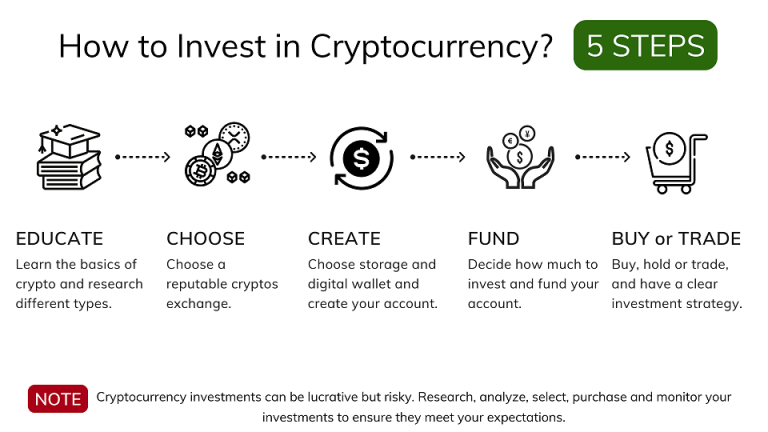
The Non-Fungible Token (NFT) market is on fire, and Bahrain is eager to get in on the action. The country has adopted a balanced and forward-thinking approach towards regulating NFTs and digital assets, keen to reap the benefits of this emerging asset class while mitigating potential risks.
Bahrain’s approach emphasizes consumer protection, anti-money laundering, and countering the financing of terrorism. To create a comprehensive regulatory framework, Bahrain has developed a set of rules and guidelines for digital assets, including NFTs, addressing aspects like issuance, listing, and trading of tokens, as well as the roles and responsibilities of market participants.
The Central Bank of Bahrain (CBB) is the superhero keeping NFT transactions in check. Its mission? Ensuring the NFT market operates securely and transparently. To accomplish this, the CBB has established regulatory requirements for NFT platforms, service providers, and market participants.
Some of the CBB’s key responsibilities include:
1. Licensing and supervision: The CBB is the gatekeeper, granting licenses to NFT platforms and service providers and ensuring compliance with regulatory requirements.
1. Consumer protection: The CBB looks out for NFT investors and users, setting disclosure requirements for NFT platforms and addressing consumer complaints. It’s like the older sibling you never had.
1. Anti-money laundering and countering the financing of terrorism (AML/CFT): The CBB plays a crucial role in fighting the dark side of NFTs, implementing AML/CFT measures and monitoring the market for suspicious transactions.
1. Cybersecurity: The CBB ensures NFT platforms and service providers have top-notch cybersecurity measures to protect user data and funds. No hackers allowed!
If you’re an NFT creator or investor in Bahrain, here are some legal aspects to keep in mind:
1. Intellectual property rights: NFT creators must have the necessary rights to create and sell NFTs representing digital assets, such as artwork or virtual real estate. Investors should also be aware of the limitations of their ownership rights when purchasing NFTs. No one wants a lawsuit, right?
1. Taxation: The tax implications of NFT transactions can be as complex as a Rubik’s Cube. Creators and investors should seek professional tax advice to ensure compliance with applicable tax laws.
1. Contractual obligations: NFT creators and platforms need clear and enforceable terms and conditions, outlining the rights and obligations of all parties involved in NFT transactions. Better safe than sorry!
1. Privacy and data protection: NFT platforms and service providers must adhere to Bahrain’s data protection laws and ensure user data is collected, processed, and stored securely and compliantly. Big Brother is watching!
Overall, Bahrain’s legal and regulatory landscape for NFTs is evolving at breakneck speed. By understanding the regulatory requirements and legal considerations, NFT creators and investors can capitalize on the opportunities presented by this thrilling market while minimizing potential risks. Happy trading!
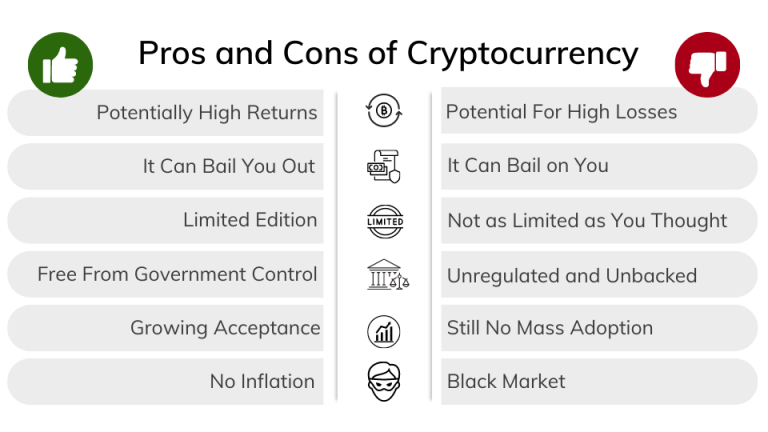
Non-fungible tokens (NFTs) hold the potential to completely transform several industries in Bahrain, such as art, gaming, sports, and real estate. For instance, in the art industry, NFTs can be utilized to tokenize and trade digital artworks. This opens up new revenue streams for artists and enables collectors to securely buy and sell unique pieces. Moreover, NFTs offer proof of ownership and authenticity, significantly reducing the risks of forgery and theft.
When it comes to gaming, NFTs can represent in-game items like weapons, skins, or characters, which players can buy, sell, or trade on various marketplaces. This not only takes the gaming experience up a notch but also lets players monetize their in-game assets. Sports enthusiasts can also reap the benefits of NFTs, as they can tokenize and trade sports memorabilia like digital autographs or limited-edition merchandise.
Real estate is another sector in Bahrain that could undergo a significant transformation with NFTs. Tokenizing properties allows for fractional ownership, making real estate investments more accessible to a wider range of investors. Furthermore, NFTs can streamline property transactions by offering a secure and transparent platform for buying, selling, and transferring property ownership.
Despite the potential benefits of NFTs, there are several hurdles that need to be tackled to encourage their adoption among Bahraini users. One major challenge is the lack of awareness and understanding of NFTs and their applications. To overcome this, we need more educational initiatives and awareness campaigns to enlighten the public about the benefits and use cases of NFTs.
Another challenge is the absence of a widely accepted regulatory framework for NFTs in Bahrain. While the Central Bank of Bahrain has been proactive in regulating digital assets, clear guidelines for NFTs are still required to provide legal certainty and protection for both creators and investors.
Moreover, the infrastructure and technology needed to support NFT marketplaces and transactions must be developed and implemented. This includes creating user-friendly platforms for trading NFTs and integrating them with existing payment systems.
Lastly, concerns about the environmental impact of NFTs, mainly due to the energy-intensive process of mining cryptocurrencies, may deter potential users in Bahrain. To tackle this issue, adopting more energy-efficient blockchain technologies and consensus mechanisms is vital.
The environmental impact of NFTs has been a major concern for many, as the process of creating, buying, and selling these tokens requires a significant amount of energy. Most NFTs are currently built on the Ethereum blockchain, which uses a proof-of-work (PoW) consensus mechanism known for its high energy consumption.
To address these concerns, Bahraini stakeholders should explore alternative blockchain technologies and consensus mechanisms that are more energy-efficient. One such option is the proof-of-stake (PoS) consensus mechanism, which requires considerably less energy compared to PoW. Adopting PoS-based blockchains like Cardano or Tezos can help reduce the environmental impact of NFTs in Bahrain.
Additionally, Bahraini NFT platforms can implement carbon offset initiatives to mitigate the environmental impact of their operations. By investing in projects that reduce greenhouse gas emissions, such as renewable energy or reforestation initiatives, these platforms can offset the carbon footprint of their NFT transactions.
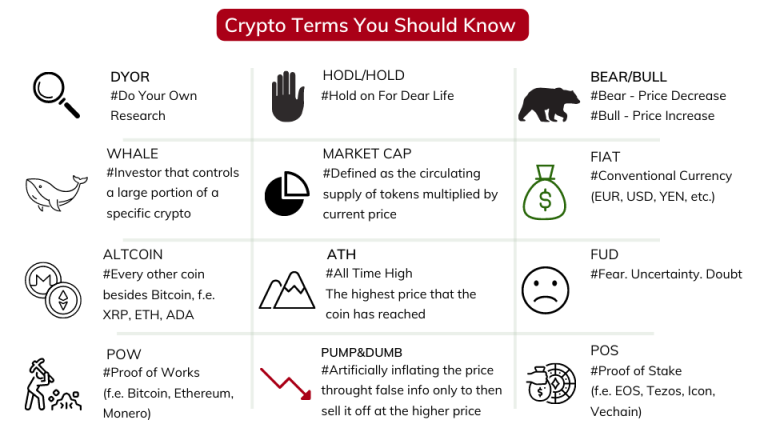
Bahrain is currently riding the wave of interest in NFTs, with a myriad of exciting projects and collaborations on the horizon. Local artists, designers, and creators are eagerly delving into the potential of NFTs to showcase their work and generate revenue. For instance, Bahrain-based artist Ali Al Saeed recently teamed up with international digital artist Jon Noorlander to launch an NFT collection called “Fractal Worlds” on the OpenSea platform. This partnership underscores the burgeoning interest in NFTs among Bahraini artists and their global counterparts.
In addition, Bahraini entrepreneurs are on the hunt for opportunities to create new NFT marketplaces and platforms. These platforms will not only cater to the local market but also entice international users, further cementing Bahrain’s reputation as a global NFT hub. For example, a Bahrain-based startup, NFT Pro, is currently developing a platform to streamline the buying, selling, and trading of NFTs, with plans to launch in the coming months.
To carve out a niche as a regional hub for NFTs and digital innovation, Bahrain must concentrate on cultivating a supportive ecosystem that fosters the growth of this nascent market. Key steps include:
1. Developing a robust regulatory framework: Bahrain should continue its efforts to establish a comprehensive regulatory framework for NFTs and digital assets. This will help create a secure environment for investors and users, while also luring international NFT platforms and projects to set up shop in the country.
1. Supporting local talent: Bahrain should make it a priority to assist local artists, designers, and creators in understanding and harnessing NFTs for their work. This can be achieved through educational initiatives, workshops, and financial support, empowering them to experiment with NFTs and showcase their talent to a global audience.
1. Encouraging collaboration: Bahrain can nurture a collaborative atmosphere by facilitating partnerships between local and international NFT projects, artists, and platforms. This will help Bahraini creators gain exposure to global trends and techniques in the NFT space, while also introducing international talent and expertise to the local market.
1. Promoting technological innovation: Bahrain should champion the development of cutting-edge technology in the NFT space by supporting startups and established companies working on innovative solutions. This includes offering financial incentives, access to resources, and mentorship to help these companies thrive.
The long-term outlook for NFTs in Bahrain is bright, with a wealth of potential benefits for the economy. As the NFT market expands, it is anticipated to create new job opportunities for artists, designers, developers, and other professionals involved in the digital asset space. This will contribute to the diversification of Bahrain’s economy, which is currently heavily reliant on oil revenues.
Furthermore, as Bahrain emerges as a regional hub for NFTs and digital innovation, it can attract foreign investment and talent, bolstering the country’s position as a leading technology hub in the Middle East. Additionally, the growth of the NFT market can lead to increased demand for related services, such as legal, financial, and marketing services, which can have a positive knock-on effect on the broader economy.
However, it is crucial for Bahrain to address the challenges associated with NFT adoption, such as environmental concerns and regulatory issues, to fully unlock the potential of this burgeoning market. By doing so, Bahrain can capitalize on the opportunities presented by NFTs and play a pivotal role in shaping the future of digital assets in the region. So, let’s buckle up and watch Bahrain take the NFT world by storm!

